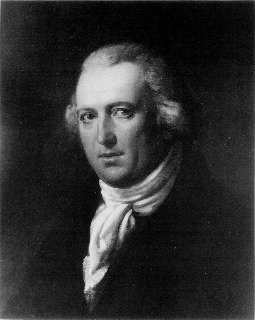
Bio
Vanhal was born in rural Bohemia; he was born not free but an indentured (bonded) servant to a noble family of not insignificant wealth and power. As a boy he learned to play the violin and keyboard instruments, becoming organist in Opoczna at the age of 13. When he was about 20 years old he moved to the big city: Vienna. There Vanhal was quick to make a name for himself as a violinist and a composer, and in the process earned enough hard cash to buy his own freedom. He gave singing and instrumental lessons.
The years 1769 and 1770 were spent in Italy, and then Vanhal returned to Vienna to remain, save for minor excursions and visits to local courts, for the rest of his life. Between 1770 and 1780, he visited his patron Count Ladislaus Erdödy, in what is now Croatia, several times. In 1784, he apparantly played in a quartet that included Haydn, Dittersdorf and Mozart. He never married and had no heirs when he died at the age of 74, having lived not uncomfortably.
Vanhal was a prolific composer; and some writers have given him credit for being even more prolific than he actually was, such that we must sift through the works attributed to him and try to select those which were actually drawn up by his pen. Up until about 1780, Vanhal's most significant musical essays were of the symphonic type -- he composed somewhere around 75 of them altogether. There is a distinct evolution of his style in the symphonies, from the Baroque feeling of the first ones to the Sturm und Drang of those that followed. The majority are four movement (fast-slow-minuet-fast) works using the sonata form and cantabile thematic material. But there is not a single symphony by him that postdates 1780, a fact probably attributable to changes in Viennese aristocratic taste. He wrote somewhere between 50 and 90 string quartets, and over 70 keyboard sonatas.
Just as Vanhal's independent spirit found a way to lift itself from the shackles of servitude, so too did it sometimes press and pull against the ways and means of the Classical era -- some of Vanhal's works really do approach a freely-built kind of Romanticism in which content and localized expression are more significant by far than the demands of preconceived form. However many question marks still accompany the man, Vanhal's absolute uniqueness among the musicians of his day cannot be doubted.
 Contact
Contact Basket
Basket My favorites
My favorites My account
My account






